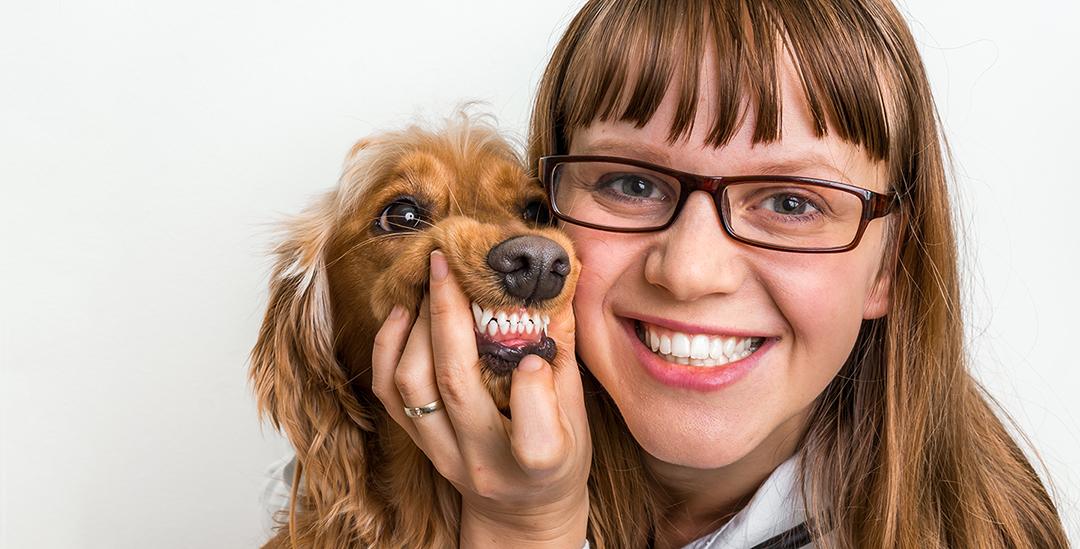
Up to 80% of oral health is up to you. Here are some tips for spending less time at your dental clinic.
Dentists can help you with various ailments, but when talking about overall dental and oral health, their work surprisingly only accounts for about 20%. Most of your dental care takes place at home – or at least it should. It all comes down to everyday habits.
Small efforts, huge results
Taking care of your dental and oral health is surprisingly easy and quick.
Simply remembering to brush your teeth for two minutes every morning and night with toothpaste and flossing goes a long way towards taking care of your health,
promises Elina Alvesalo from PlusTerveys Hammaslääkärit. Only five minutes per day and you can prevent a large number of oral diseases, such as cavities and gingivitis. Taking care of your teeth also prevents any oral inflammation from spreading to the rest of your body. Gingivitis, for example, sounds harmless but increases the risk of heart attack and stroke. An unhygienic mouth also impairs the treatment of many diseases.
Our specialists are here to help
Dentists do so much more than simply put fillings in your cavities. These specialists prepare oral treatment plans and help you find the right hygiene tools and habits for you to use at home.
Even though oral hygiene is simple, our mouths need different things.
“Some work better with a interdental brush while others prefer flossers. I recommend discussing the best solution for yourself with your dentist or dental hygienist,” says Alvesalo. Visiting the same dentist each time helps you take care of your teeth. The dentist can provide instructions and guidance for home care and notices early signs of oral issues.
“At PlusTerveys, our mindset is that oral health professionals should act as your cooperating partners who support and guide you. A person with good hygiene habits usually only needs regular dental check-ups and tartar removal instead of major procedures that may feel uncomfortable. Reducing the need for treatment creates direct cost savings. In the long run, regular check-ups are more affordable than major overhauls.
Four tips for oral hygiene
-
Habits are the key
You have heard it before: brushing your teeth twice a day and using floss or an interdental brush are the key to oral health. If you miss a day, do not give up; simply pick up the habit again the next day. It takes time to learn new habits. -
Big changes start with small steps
Get used to your new habits gradually: if you have completely neglected to floss, start by deciding to floss twice a week, for example. Slowly start to floss more and more until it becomes an everyday routine. -
Trust a pro
Discuss the best hygiene habits for you with your dentist. Regularly visit your dentist, even if you have never had cavities or other symptoms. The dentist will also check your gums and mucous membranes, in other words, the health of your entire mouth. -
Think about what you eat
Teeth do not like sugar, acidic foods or frequent snacking. Eating 4–6 times a day is good for your oral health. If you decide to enjoy a tasty snack, combine it with a meal to avoid an extra acid attack. After eating, use a xylitol product or a small piece of hard cheese to prevent acid attacks.
Book a dental appointment to find out how your hygiene habits can reduce your time spent at the dentist’s!